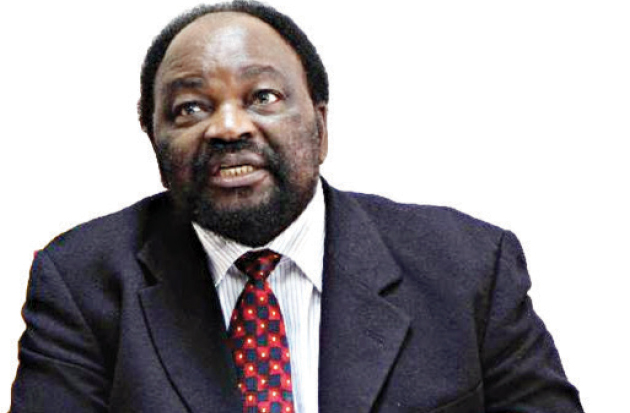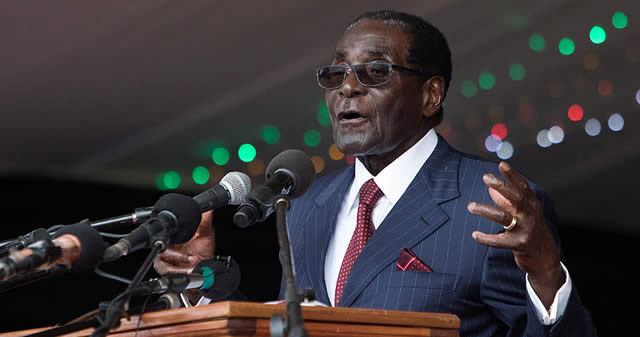Gwanda schools face water crisis

Richard Muponde, Gwanda Correspondent
A HEALTH hazard is looming at 20 Gwanda rural schools as boreholes and other sources of water near them have dried up leaving teachers and pupils relying on unsafe water sources.
Pupils are now being asked to bring their own water to school for use, amid fears that if the situation deteriorates, schools would be forced to close.
This was revealed by the Gwanda District Schools Inspector, Mr Absai Rupanga, at a Gwanda Rural District Development Committee meeting held at Gwanda Rural District Council.
Mr Rupanga said out of 20 schools, Nsimbi, Dwala, Nkazhe and Bethel Primary Schools were the most affected.
“We fear for the health of these children because as it is they drink water that they would have brought. We don’t know how clean it is and where it would have been taken. Some of these schools like Stanmore are now using Jojo tanks to draw water from a far away river source.
“Nsimbi School had no water completely and last year we had to request from the RDC to assist us at least with a water bowser where these children can get water,” Mr Rupanga said.
“We understand that water is the most crucial factor in people’s lives so if it’s not available then it will mean that there will be no teachers because no teacher will want to teach where there is no water. Dwala and Driehook are newly settled areas with new schools. Their only source of water is a dam which is about five kilometres away.
Both schools have boreholes but they are drying up so life becomes difficult for them.”
He said they have appealed to the RDC for support to bring water closer to these schools.
“We requested them to appeal to other partners or even Non-Governmental Organisations who can assist us because schools can’t operate like this.
If a solution is not found early there will be need for these schools to be closed,” Mr Rupanga said.
Some of the affected school are Switsha, Garanyemba, Sibula, Connemara, Sibona, Sizeze, Mawanke, Zhokwe, Shake, Lushonkwe, Mapane, Sibula, Nyandeni and Sengezane. — @richardmuponde











Comments